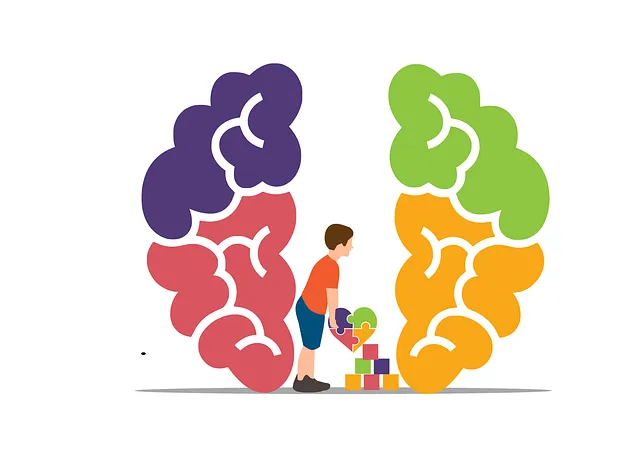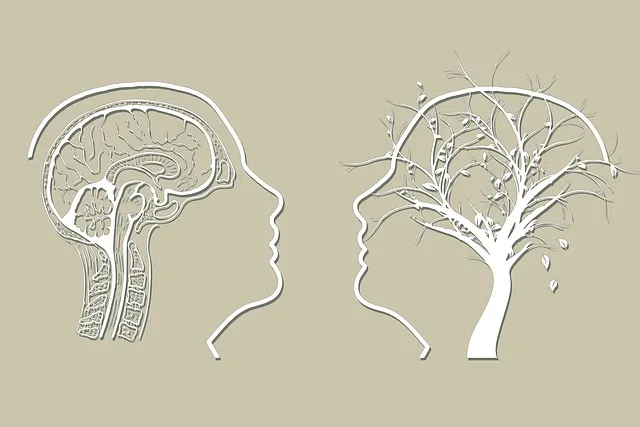Denver Kaiser Permanente mental health locations face challenges with misdiagnosis due to stigma and provider burnout, hindering timely interventions. To combat this, the organization is implementing stigma reduction campaigns, burnout prevention strategies, and self-awareness exercises for staff, aiming to improve diagnostic accuracy during crucial early intervention phases. Limitations in current diagnostic tools across diverse patient populations further complicate accurate assessments at these locations, emphasizing the need for culturally sensitive approaches, specialized services, and robust Mental Health Policy Analysis to enhance care and improve outcomes.
In an effort to enhance patient care at Denver Kaiser Permanente mental health locations, this article delves into the challenges and innovative solutions surrounding mental illness diagnosis accuracy. Understanding the high prevalence of misdiagnosis and its detrimental impact on patients is crucial. This exploration highlights the limitations of current assessment tools and methods. By integrating advanced technology, implementing trained multidisciplinary teams, adopting patient-centered evaluation models, and fostering community engagement, Denver Kaiser Permanente aims to revolutionize mental health diagnosis accuracy.
- Understanding the Current Challenges at Denver Kaiser Permanente Mental Health Locations
- – Prevalence of misdiagnosis and its impact on patient care
- – Limitations of current assessment tools and methods
Understanding the Current Challenges at Denver Kaiser Permanente Mental Health Locations

At Denver Kaiser Permanente mental health locations, several challenges impede accurate diagnoses and effective treatment delivery. One significant hurdle is the pervasive mental illness stigma, which often prevents individuals from seeking help or discourages providers from making precise assessments due to societal preconceptions. This creates a barrier to early intervention, a critical phase for managing many conditions.
Moreover, healthcare provider burnout is another critical aspect contributing to diagnostic inaccuracies. Burnout leads to decreased attention span, emotional exhaustion, and potential cognitive biases, making it difficult for practitioners to remain objective during evaluations. To address these issues, Denver Kaiser Permanente has been implementing mental illness stigma reduction efforts and burnout prevention strategies for healthcare providers, alongside promoting self-awareness exercises to mitigate biases and enhance diagnostic accuracy.
– Prevalence of misdiagnosis and its impact on patient care

Misdiagnosis is a significant concern within mental health care, particularly at Denver Kaiser Permanente mental health locations, where accurate assessment is paramount for effective treatment. Studies indicate that a substantial number of patients experience incorrect or delayed diagnoses, leading to detrimental effects on their overall well-being and treatment outcomes. The consequences can be severe, often resulting in prolonged suffering, missed opportunities for appropriate intervention, and even exacerbation of symptoms.
This issue highlights the need for enhanced diagnostic tools and practices, as well as increased access to specialized services like Trauma Support Services. By improving diagnosis accuracy, mental health professionals can ensure patients receive tailored care, fostering positive thinking and overall mental health recovery. Moreover, a thorough Mental Health Policy Analysis and Advocacy is essential to address systemic barriers that contribute to misdiagnosis, ultimately benefiting the community served by Denver Kaiser Permanente.
– Limitations of current assessment tools and methods

The current assessment tools and methods used to diagnose mental illness have several limitations, particularly in the context of diverse patient populations. Studies have shown that many traditional diagnostic practices often fail to account for cultural, social, and individual differences, leading to potential misdiagnoses or missed opportunities for tailored treatment plans. For instance, at Denver Kaiser Permanente mental health locations, researchers have identified challenges when applying uniform assessment criteria across diverse communities, highlighting the need for more nuanced approaches.
This shortcoming is especially evident in regions with varying cultural norms and beliefs surrounding mental health, where traditional Western diagnostic frameworks may not resonate. To address these issues, advocates of Mental Health Policy Analysis and Advocacy push for culturally sensitive assessments and increased public awareness campaigns development. By incorporating perspectives from diverse communities and promoting self-esteem improvement initiatives, healthcare providers can enhance diagnosis accuracy and ultimately improve patient outcomes.
Accurately diagnosing mental illness is paramount for effective treatment at Denver Kaiser Permanente mental health locations. By recognizing the high prevalence of misdiagnosis and understanding the limitations of current assessment tools, we can foster a culture of continuous improvement. Investing in advanced training, implementing evidence-based practices, and integrating innovative technology are key strategies to enhance diagnostic accuracy, ultimately improving patient outcomes and care experiences at Denver Kaiser Permanente.






